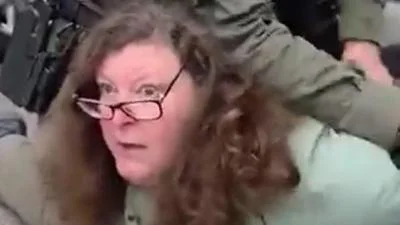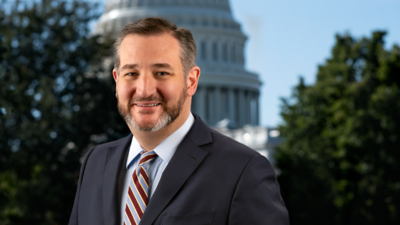Chicago commuters using the Metra commuter rail system may face a fourth rate hike in as many years, according to a watchdog group.
The Better Government Association (BGA) Danish Murtaza urged the public to attend not only Metra's regularly scheduled board meeting earlier this month, at which its leadership defended the rate increase, but also upcoming public hearings Metra has planned to discuss the matter.
“If you are feeling railroaded, you are probably not alone,” Murtaza warned on the BGA website. He outlined the high taxes county residents already pay, including property and income taxes, a new soda tax and a proposed tax on plastic bags.

Metra CEO/Executive Director Donald Orseno
Murtaza wrote that "over the past four years, for example, a monthly pass on Metra has increased nearly 34 percent from $135.25 to the proposed fare of $181.25 from Zone A to Zone D."
Metra spokesman Michael Gillis said the price of $181.25 is only 6 percent above the most recent price of $171.
For its part, Metra is offering $8 million in annual spending cuts in addition to the $22 million the new rate hike is expected to generate, Murtaza wrote. Cuts include trimming services, reducing advertising spending and freezing hiring.
The additional revenue fits in with Metra’s 10-year, $2.4 billion upgrade plan that promises to add more than 350 cars by 2024, plus engines and repairs to existing coaches. Even with a decade of rate increases, the plan relies on $1.3 billion in government funding and a $400 million loan, Murtaza wrote.
Murtaza said that Metra had scheduled fare increases as part of its modernization plan, but that a budget stalemate between lawmakers 2015 and 2017 delayed full implementation of the projects those increases were to fund. He said other reasons for the rail system's budget shortfall include rising personnel expenses and a decrease in state subsidies derived from sales taxes.
Rail service in the Chicago metropolitan area has had a “convoluted history,” according to Metra’s website. The service rebranded under the name “Metra” in the mid-80s, roughly a decade after the Chicago Regional Transportation Authority (RTA) was created.
Originally, the RTA funded but did not operate the struggling commuter rail system. The arrangement led to a large influx of capital – new trains and coaches – to bring the system up to date. An agreement to operate the system rather than contract it out to railroad companies came in 1982 after two railroad lines, the Rock Island and Milwaukee Road systems, went bankrupt, according to Metra’s website.
The current talk of a rate increase comes at a time when the future of commuter rail service in cities across the country is under scrutiny. In a 2013 article published on ZDNet.com, Tyler Falk said that of the then-28 metropolitan lines in the country, 10 were losing money. The article blamed the lack of demand for the service, ostensibly designed to connect city and suburb, on greater flexibility offered by commuting via automobile.
Falk's solution was to offer more service and invest more money in commuter rail systems to make them successful.
"It seems as though cities are willing to make the initial investment in commuter rail, it's just not clear that they're making the same investment into making sure that commuter rail is successful," Falk wrote. "And if a city isn't going to (or can't) make that investment in having regular service, why build the train in the first place?"
However, Metra's budget crisis apparently isn't caused by lack of demand. If anything, statistics provided by spokesman Tom Miller shows ridership has increased steadily in recent years, from roughly 81 million in 2013 to nearly 84 million in 2016. But Miller denied that rising demand had triggered the rate increase. Instead, a statement on Metra’s website attributed the budget shortfall to other factors, including declining tax revenues, a drop in state government subsidies and increased expenses.
“We don’t like the idea of raising fares again any more than you do,” the statement read. “But the fact is, our 1980s funding model is not working in today’s economy. We rely on public subsidies to cover half of our operating costs and most of our capital investment, and those subsidies are not coming in or not keeping up while our costs and capital needs continue to grow.”
Editor's note: The original version of this story misidentified a Better Government Association article. This has been corrected.





 Alerts Sign-up
Alerts Sign-up